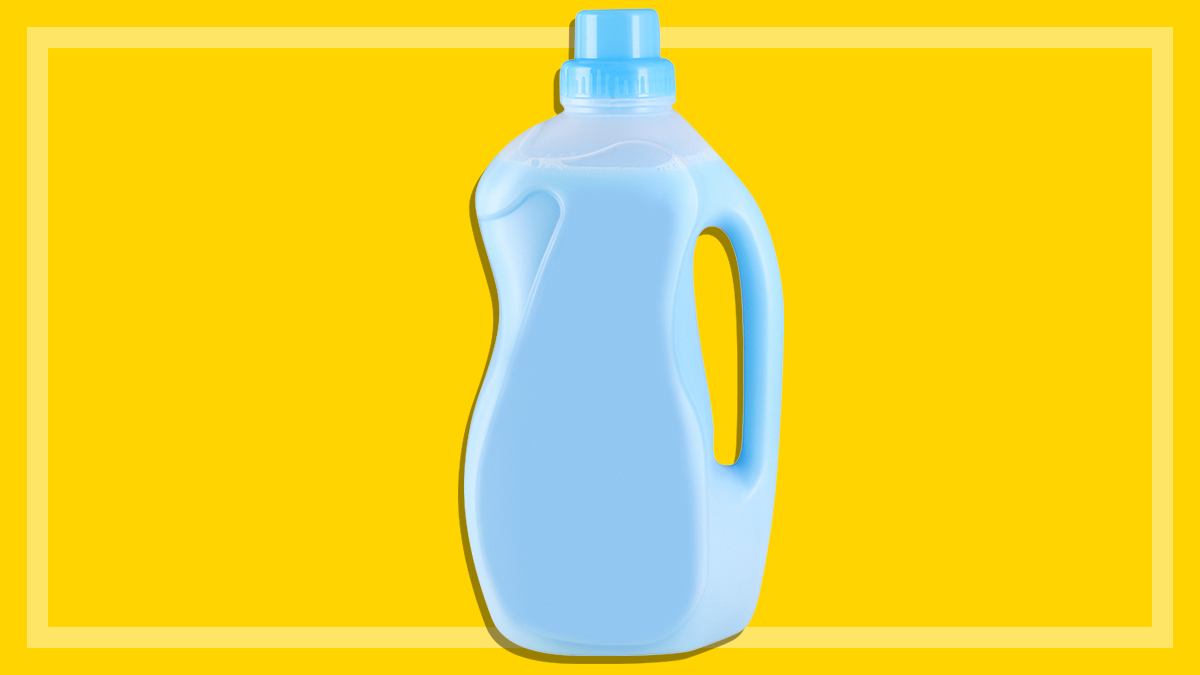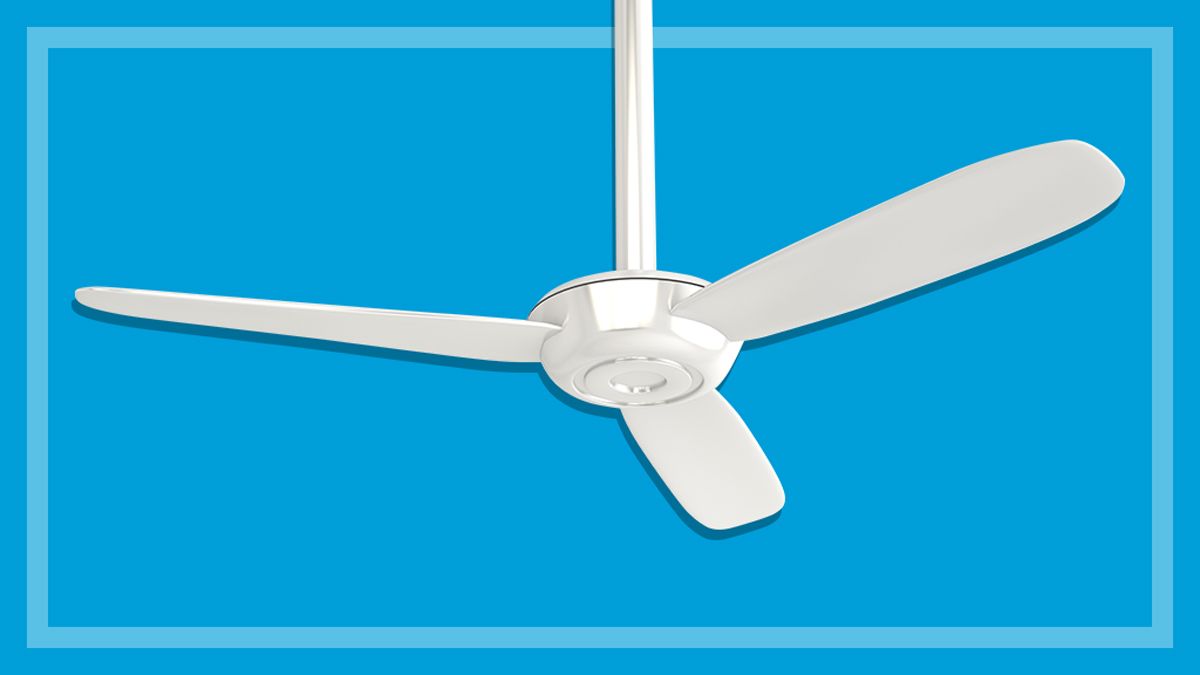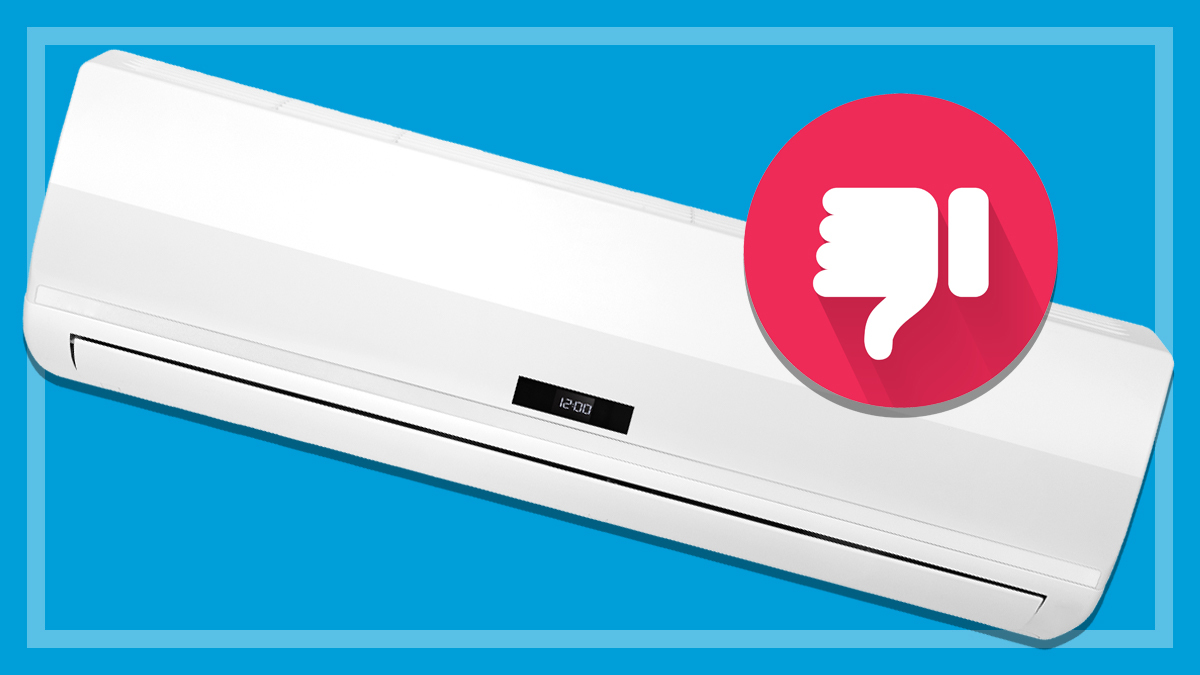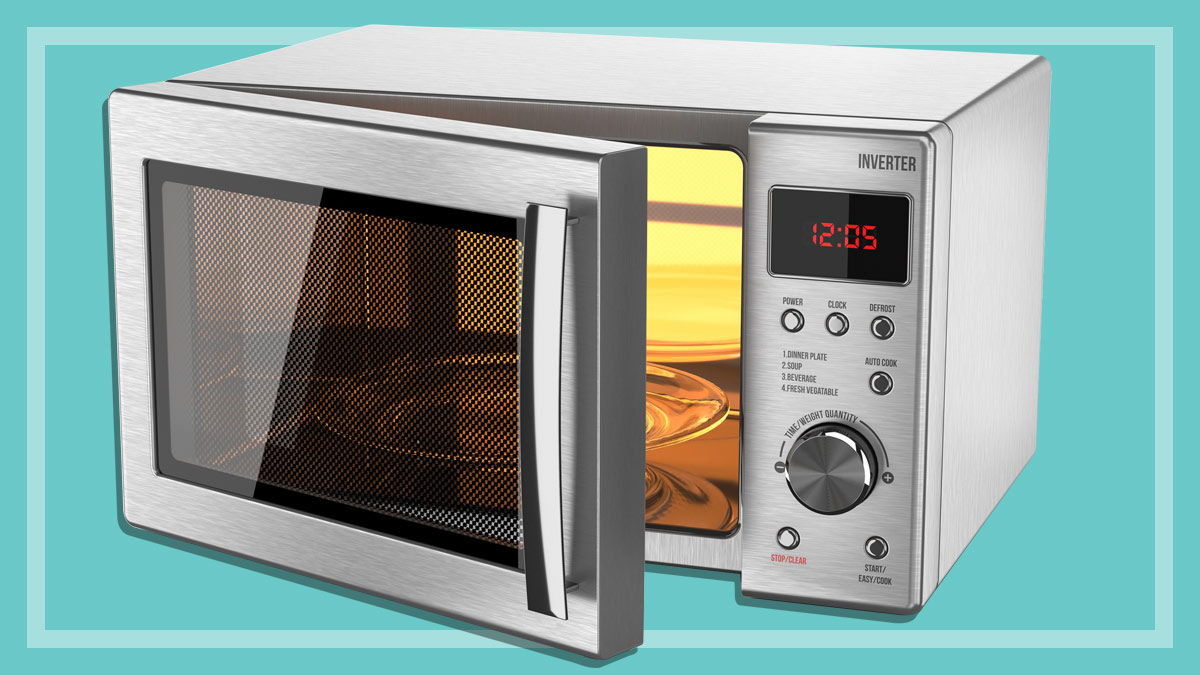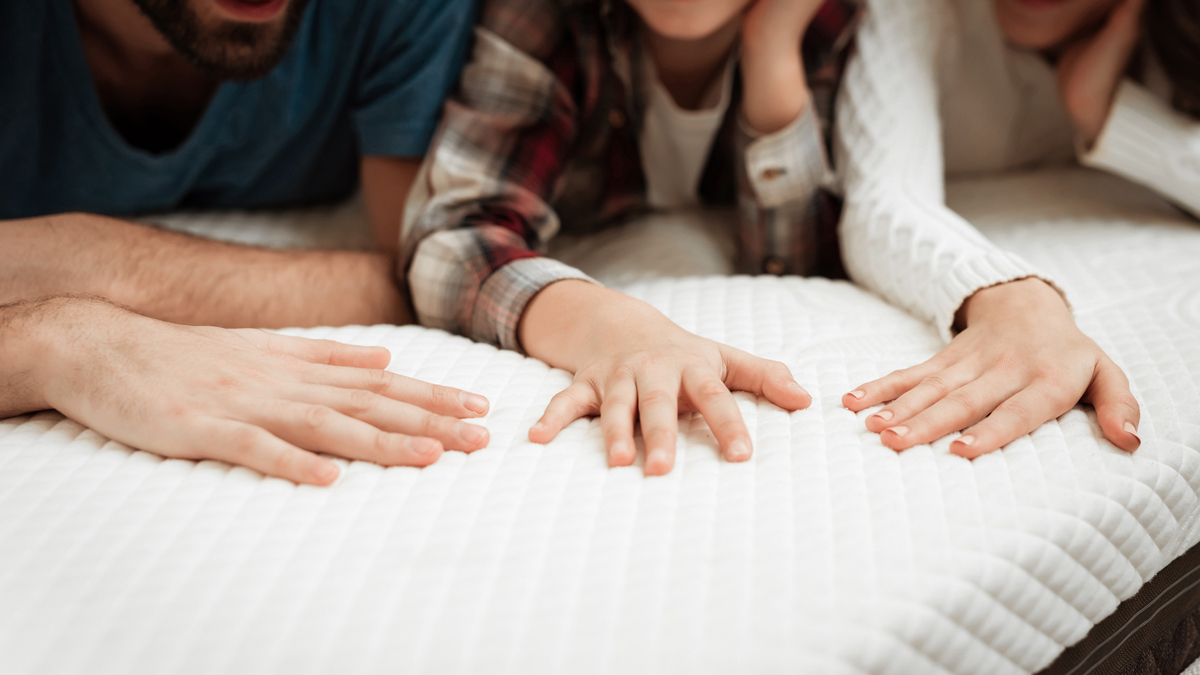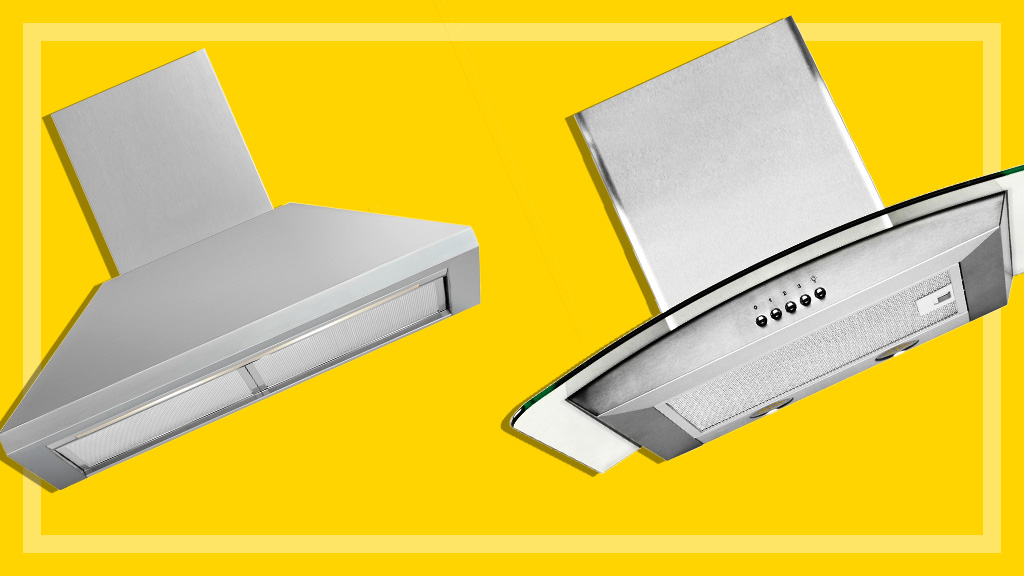Get our independent lab tests, expert reviews and honest advice.
What to know before buying fabric softener
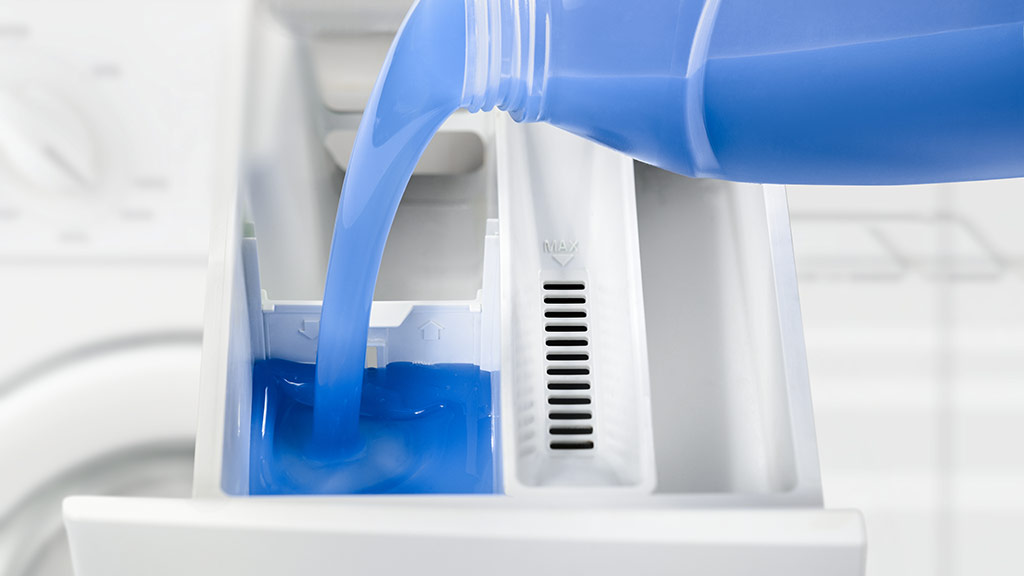
If you love the feeling of soft clean towels and clothes, one way to get it is by using a fabric softener. It works by making the fibres stand on end and coating them with a lubricating film, so they feel softer and fluffier.
On this page:
- What are fabric softeners?
- Do I need one?
- How do I use fabric softener?
- If I absolutely must use one, how do I choose a fabric softener?
- Fabric softener alternatives
But how do you choose one? More importantly, should you use one at all?
What are fabric softeners?
Fabric softeners are chemical concoctions that, when added to your laundry, coat your fabrics to make the individual fibres feel slipperier and stand more upright, making your clothes feel softer and fluffier, and reducing static cling.
They’re far from an essential, but many Australians love them.
Do I need one?
Fabric softeners are largely unnecessary, expensive and have a number of downsides:
- As far as we’re aware, all fabric softeners reduce the fire retardancy of clothing (look at the label and you’ll see a warning not to use them on children’s sleepwear for this reason, despite smiling babies featuring prominently on packaging).
- They reduce moisture absorbency (bad news for your towels).
- Because they’re not detergents, fabric softeners don’t make your clothes cleaner – and in a literal sense, they actually make them dirty again since they leave them coated in chemicals.
You don’t need one. In fact we advise against it.
There are better, cheaper ways to get soft and fluffy towels, such as popping them in the dryer for a few minutes, or just giving them a good shake out.
What’s in them?
Typically fabric softener contains three main ingredients – a conditioning agent, an emulsifier and cosmetic elements (colouring and fragrance) – as well as various stabilisers and preservatives to extend shelf life.
These are silicone or ammonia-based fatty, lubricating compounds which leave an oily coating on your clothes, making them feel softer and seem easier to iron. Conditioning agents are also slightly positively charged, which can help to reduce static cling from negatively charged fibres in fabric. It’s also what reduces the water absorbency of your towels, and the fire retardant properties of your children’s sleepwear.
Because oil and water don’t mix, fabric softeners need an emulsifying agent to disperse the fatty, oily conditioning agent through the rinse water so that it can actually get onto your clothes instead of just floating on the top. Without emulsifiers, fabric softener would just disappear down the drain.
Fabric softeners contain chemical fragrances (and colourings). The exact chemical make-up of these fragrances is a closely guarded secret, so you’ve really got no way of knowing what you’ll be wearing against your skin.
How do I use fabric softener?
Don’t just pour it in with the detergent.
Fabric softener is added during the rinse cycle, not during the wash, because the wash cycle removes soiling and additives from your clothes to clean them, and for a fabric softener to work it needs to stay behind in the fabric.
If you added it during the wash cycle your machine will literally treat it like dirt and wash it away, so add it to the fabric softener dispenser instead.
Are fabric softeners bad for the environment?
It’s never a good idea to add any chemical to our waterways or the environment, and fabric softeners contain a variety of silicones and petrochemical ingredients that may be harmful to marine life.
Some fabric softeners may claim to be readily biodegradable but they’re still going to be a big negative for the environment, which seems a pity given their use is completely unnecessary.
While there are fabric softener brands that claim to be better for the environment than others, if you’re concerned about the impact of fabric softeners, the best thing is to not use them – your clothes will be just as clean – cleaner even, and you’ll save a bit of money.
If I absolutely must use one, how do I choose a fabric softener?
We don’t think you should use fabric softeners at all, but if you choose to, look for a fabric softener that:
- Makes your clothes feel softer: Seems obvious, but there’s a trade-off – in our fabric softener reviews we found that the softer your clothes and towels come out, the less water they’ll absorb. So if you want nice soft towels that also dry you well, you’re out of luck, and for the best drying performance you’ll have to accept a little scratchiness.
- Doesn’t irritate skin: Unlike detergents, the fats and chemicals in fabric softeners linger in your clothes after washing so they can contribute to eczema, rashes and other skin or respiratory conditions. If you have sensitive skin look for hypoallergenic or low-irritation claims, but you may need to try several different softeners to find one that won’t make you break out in a rash.
- Doesn’t reduce the fire retardancy of your children’s sleepwear: The thought of your child’s sleepwear catching fire and burning them if they stray too close to a heater is horrific, so look for one that doesn’t reduce fire retardancy. Unfortunately, as far as we’re aware they all reduce the fire retardancy (look at the label and you’ll see a warning not to use them on children’s sleepwear for this reason) despite smiling babies featuring prominently on packaging.
- Doesn’t reduce the water absorbency of your towels: Fabric softeners can reduce moisture absorbency, so your towels won’t dry you as well. And if waterproofing your towels sounds like a bad idea, it’s a truly terrible one if you use fabric softeners on reusable cloth nappies. So look for a fabric softener with a good water absorbency score.
- Smells nice: Fragrance is an intensely personal preference, so smell them all in store to find one you like. Or, if you prefer, choose a fragrance-free option.
- Is cost-effective: Look for one that balances performance with a low cost per wash. But considering some fabric softeners don’t even perform as well as water, consider lower-cost alternatives.
- Is less likely to cause residue build-up: Fabric softeners aren’t great for your washing machine and are big contributors to a gunky build-up known as ‘scrud’, which can can also be redeposited onto your clothes. (For more on scrud, see our washing machine troubleshooting article). If you wash in cold water you’ll need to run occasional hot cycles to keep scrud at bay. This is good practice anyway, but if you’re a fabric softener devotee you’ll need to do it more often than if you use detergent alone.
Fabric softener alternatives
Yes. Just add ½ cup of white vinegar to your fabric softener dispenser.
While it may not give you the level of softness you’d expect from its commercial counterpart, vinegar is significantly cheaper and has other advantages – unlike commercial softeners, no trace of vinegar remains on your clothes at the end of the wash, so it won’t cause skin irritation (your clothes won’t smell of vinegar either), and it won’t affect the moisture absorbency of your towels.
Plus, vinegar helps clean away scrud and other deposits inside your washing machine, unlike commercial softeners which will make the problem worse.
If vinegar isn’t cutting the mustard, there’s a cornucopia of DIY fabric softener recipes you can try.
They won’t work quite as well as many of the commercial products, but at least you’ll know exactly what’s going into your wash. Here’s a few we’ve seen over the years:
Recipe 1
- 6 cups vinegar
- 1 cup baking soda
- 10 drops essential oil
Put your vinegar into a large bowl; add your favourite essential oil. Add the baking soda and let it stand till the fizzing stops. Use a cup per load.
Recipe 2
- 1 cup of Epsom salt or coarse sea salt
- 15 drops of your favourite essential oil
- ¼ cup baking soda
Mix all ingredients together and use a few tablespoons prior to the rinse cycle.
If you rightfully eschew fabric softeners but aren’t a fan of scratchy towels there’s a few other options you can use that don’t involve any additives.
- Lower the spin speed of your washing machine – very high spin speeds (up to 1600 rpm in some machines) can flatten the pile of your towels – selecting a lower spin speed helps reduce or avoid this effect
- Snap your towels back to fluffiness: once your towels come out of the wash, try giving them a flick to get them straightened out before hanging them to dry, or
- Put them in the clothes dryer for 10 minutes. Warm air (or even cool air) will get them soft again.

